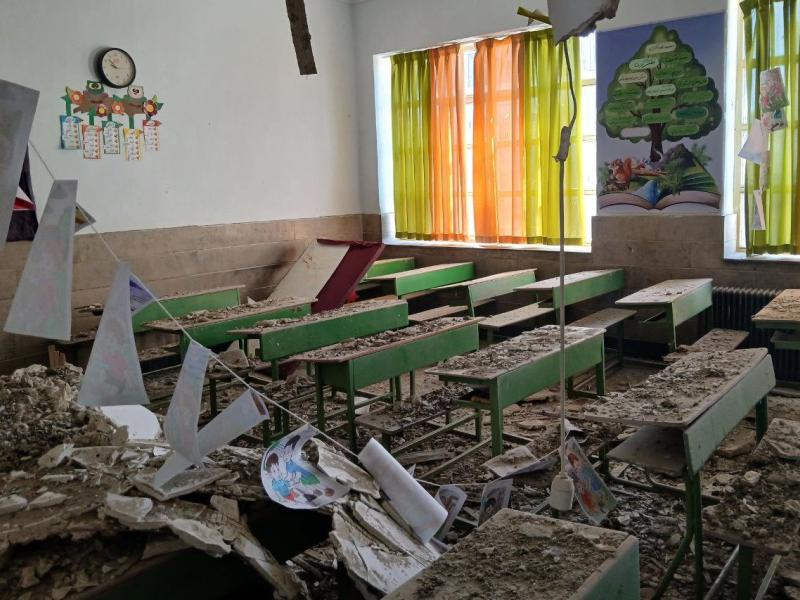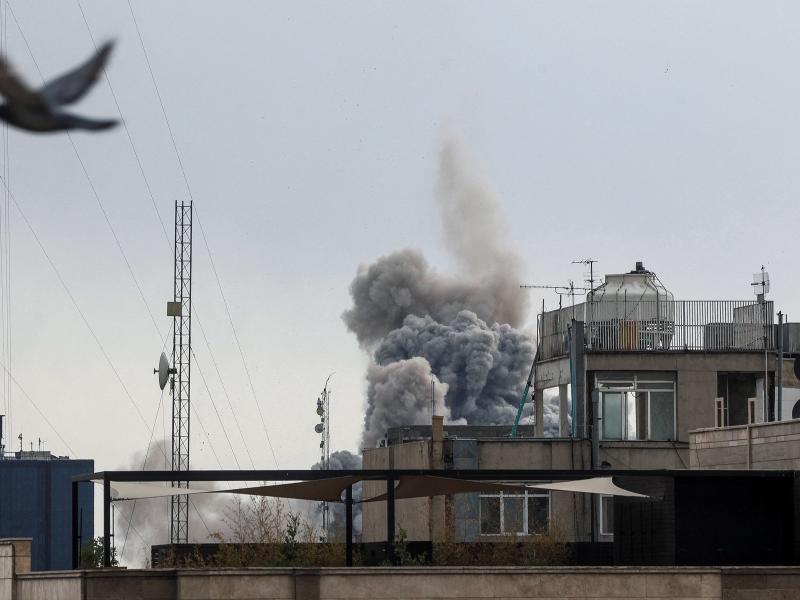Two hundred wheelchairs, 200 adult and paediatric walkers and 3,000 school bags with student kits were included in the delivery to Gaza on 29 September of the third ITF shipment of humanitarian aid.
The supplies were bought by the ITF office in Amman, Jordan, which is co-ordinating the relief effort, and delivered to the United Nations Development Programme (UNDP) by the Jordan Hashemite Charity Organization, which dealt with the logistics and provided free transportation.
The ITF regional office reported that there was a high demand for the standard hospital mobility aids because more than 10,000 people were injured in the recent Israeli military air strikes, which also left more than 2,000 Palestinians dead and over 100,000 homeless.
ITF president Paddy Crumlin commented: “Thankfully, the open-ended truce agreed on 26 August has so far held, and we hope it will lead to a long-term solution which respects the 1967 borders between Israel and a Palestinian state.
“However, the situation in Gaza remains terrible and Palestinians living there need all the help they can get. Thanks to the generosity of those unions who have responded to our appeal, the ITF has raised USD197,723 and been able to deliver this third shipment of humanitarian supplies.”
See www.itfgazafund.org for details of how you can help send food and medical supplies to the people of Gaza.
Third ITF humanitarian shipment reaches Gaza
news
ON THE GROUND
news
Global Union Federations Call for an immediate Cease Fire and an end to the Military Escalation in Iran and the Middle East
The undersigned Global Union Federations (GUFs) condemn the recent military attacks carried out by the United States and Israel against Iran, including air strikes that have resulted in civilian
news
ITF calls for ceasefire and protection of transport workers amid military escalation threatening regional peace
The International Transport Workers’ Federation (ITF) joins the International Trade Union Confederation (ITUC) in calling for an immediate ceasefire, full de-escalation by all parties and the urgent
news
Press Release
Joint ITF–JNG statement: Designation of High Risk Area in the Strait of Hormuz
The International Transport Workers’ Federation (ITF) and the Joint Negotiating Group (JNG), as social partners of the International Bargaining Forum (IBF), have today designated the Strait of Hormuz



